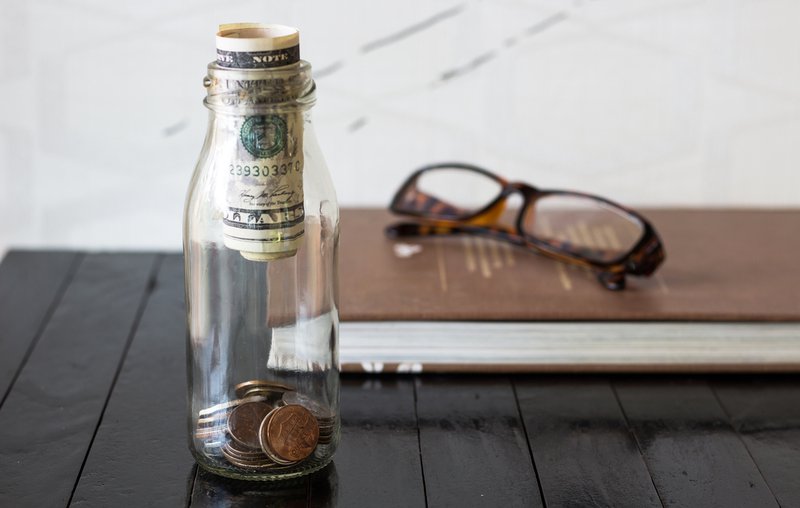Class Action Lawsuit Challenges Sallie Mae's Subprime Lending Practices
Blog Post

Shutterstock
March 20, 2008
Sallie Mae is facing a potential series of class action lawsuits from angry investors who believe the student loan giant misled them about the amount of risk the company was taking on in pushing high-cost private loans on subprime borrowers attending poor-performing trade schools.
Sallie Mae is already facing at least one class action lawsuit filed by shareholders in the Federal District Court in Southern New York, and company officials have alerted the Securities & Exchange Commission that they expect "similar actions" to be filed elsewhere shortly. The pending New York lawsuit accuses Sallie Mae of failing to "engage in proper due diligence" before providing private loans to high-risk students at for-profit, trade schools; of deliberately not putting enough money in reserve to cover anticipated losses on "uncollectible loans" in order to artificially boost earnings; and of making "false and misleading statements" to shareholders about the overall quality of its private loan portfolio to keep its stock price high.
Officials at Sallie Mae have not yet filed a formal response to these claims. But actions that the loan giant has taken recently appear to boost the shareholders' case. In January, the company, reeling from the news that it was spending hundreds of millions of dollars to cover losses on bad loans, announced that it would no longer engage in subprime lending at trade schools. "Sallie Mae has lent too much money to students who have gone to schools without very good graduation rates," Al Lord, the company's Chief Executive Officer, said at the time. In court, that's called a statement against interest.
And just this month, the loan giant created a new position at the company of chief credit officer and hired a banking industry veteran to fill it. With this hire, Sallie Mae, apparently for the first time, will have a top level executive in charge of of overseeing "the company's private student loan underwriting policies" and of managing its exposure to credit risk. Better late than never, right?
Still, Sallie Mae won't overtly admit fault and poor management. Instead, the company and its promoters on Wall Street have been testing another explanation for its difficulties. An analyst with CreditSights Inc., in New York, recently tried it out when he told Bloomberg.com that the loan giant had been "blind-sided" by the rising default and delinquency rates on the subprime private loans it had made to low-income and working-class students attending trade school of dubious quality.
We find the blind-sided explanation hard to believe. But in Tuesday's post, we'll assess the explanation in full. Stay tuned.